This page is updated regularly; please check back for details of additional speakers
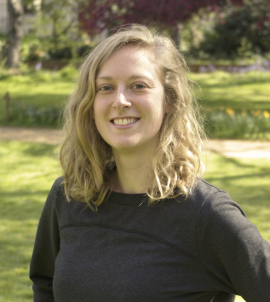
Annie BROOKMAN-BYRNE
Annie Brookman-Byrne is Deputy Editor of the British Psychological Society's magazine The Psychologist, and works freelance as a science writer and editor. Annie initially started science communication for fun as a researcher, and decided to leave academia to pursue it fulltime – and hasn’t looked back!
Annie is on the discussion panel in the Science writing beyond journalism: What other jobs are out there (and how can I get one)? session at 16:50
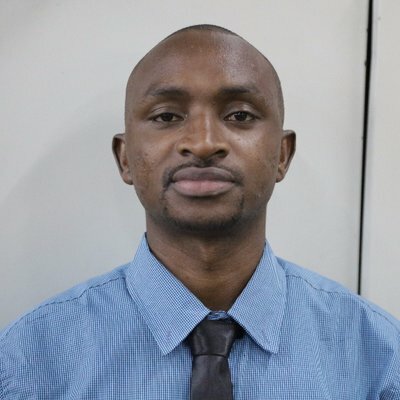
Syriacus BUGUZI
Syriacus Buguzi is a science journalist who is passionate about raising the profile of Tanzania’s scientific research output and innovation through mass media. He also works with local scientists and other journalists enabling them to communicate complex, jargon-laden scientific information in more accessible, understandable and engaging forms for the general public.
A qualified medical doctor, he started his journalism career working as a health correspondent with The African newspaper in 2009-10, while studying medicine at Muhimbili University of Health and Allied Sciences in Dar es Salaam. In 2011, he joined The Citizen, a leading national English daily, where he became a senior reporter, weekend news editor, and pioneered its weekly health magazine.
A regular contributor to the science and technology news site for global development SciDev.Net, his work has also appeared in The British Medical Journal, The Guardian and The Independent in the UK, and The Africa Report, an international monthly magazine.
In 2014, he was awarded the David Astor Journalism Award-Winner from Tanzania and was attached to The Independent for a month and The Observer/Guardian for two weeks in London. He also worked for six weeks at the Mail & Guardian in Johannesburg, with its Health Journalism Centre, Bekisisa. In 2016, he established MedicoPress, an organisation that promotes high-quality, independent medical journalism and scientific writing in Tanzania.
He is currently a Chevening Scholar at the University of Sheffield in the UK pursing a Master's degree in Science Communication. Prior to that, he obtained a postgraduate diploma in mass communication from the University of Dar es Salaam.
Syriacus is on the discussion panel in the Successful freelancing session at 14:10
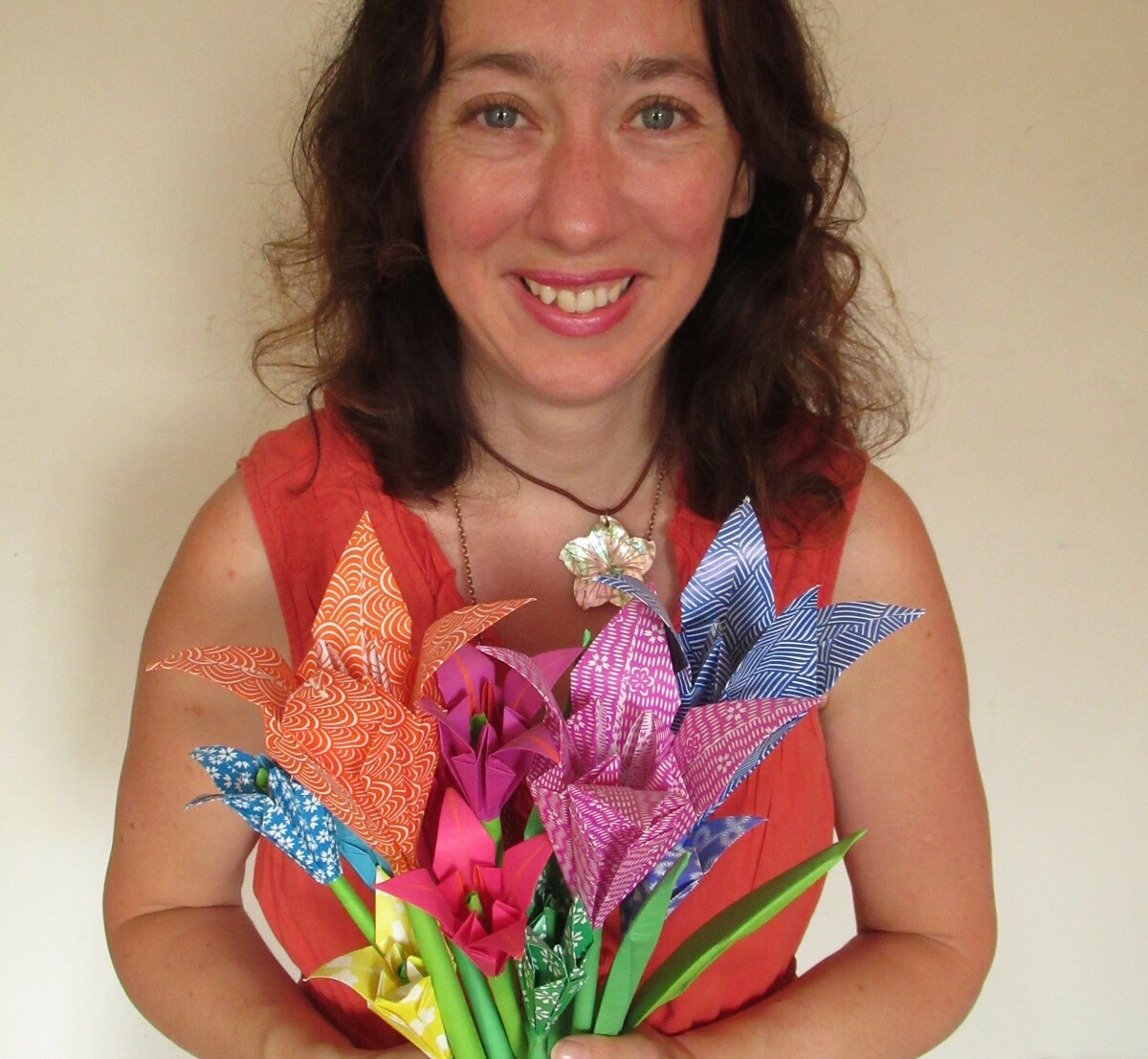
Lizzie BURNS
Following a doctorate and research fellowship in cancer research at the University of Oxford, Lizzie became a full-time science-based artist and communicator in 2002. Her artwork has been exhibited in the UK, US and India at the invitation of the British Council and was described by the previous Chief Scientific Adviser, Sir David King as ‘an exciting, refreshing, optimistic view of medical sciences in oils. Brilliant’.
Lizzie combines her background in science, art and teaching to develop workshops and events to inspire and engage people of all ages often with scientific themes including for the MRC, Wellcome and the Royal College of Pathologists with Viruses & Vaccines which includes an origami syringe decoration.
Lizzie works part-time for University College Hospital in London supported by the UCLH Charity providing support for patients and staff in Oncology. She set up the Anti-boredom Campaign and is a member of the British Origami Society.
Lizzie will run a lunchtime session on Transforming the everyday into something beautiful: How origami can help encourage self-care at 13:15
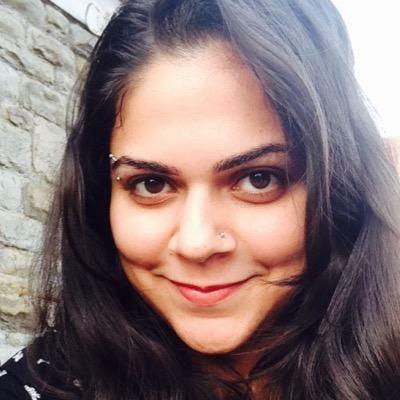
Tushna COMMISSARIAT
Tushna Commissariat is the features editor of Physics World - the international
magazine and website of the Institute of Physics, one of the largest physical
societies in the world. She looks for the most compelling and topical research
across the physical sciences, working with academics and journalists to craft
long-form articles.
Tushna graduated with a BSc in physics from St Xavier’s College, Mumbai, India, before completing a Master’s in science journalism at City University, London. She joined the Physics World team as a news reporter in 2011, and spent the next five years writing about everything from the oriental hornet and superposition to gravitational waves and antimatter.
She moved on to the reviews and careers editor role in 2016, before taking on the features editor role in spring 2021.
Tushna is running a surgery at the Speed pitching session at 17:00
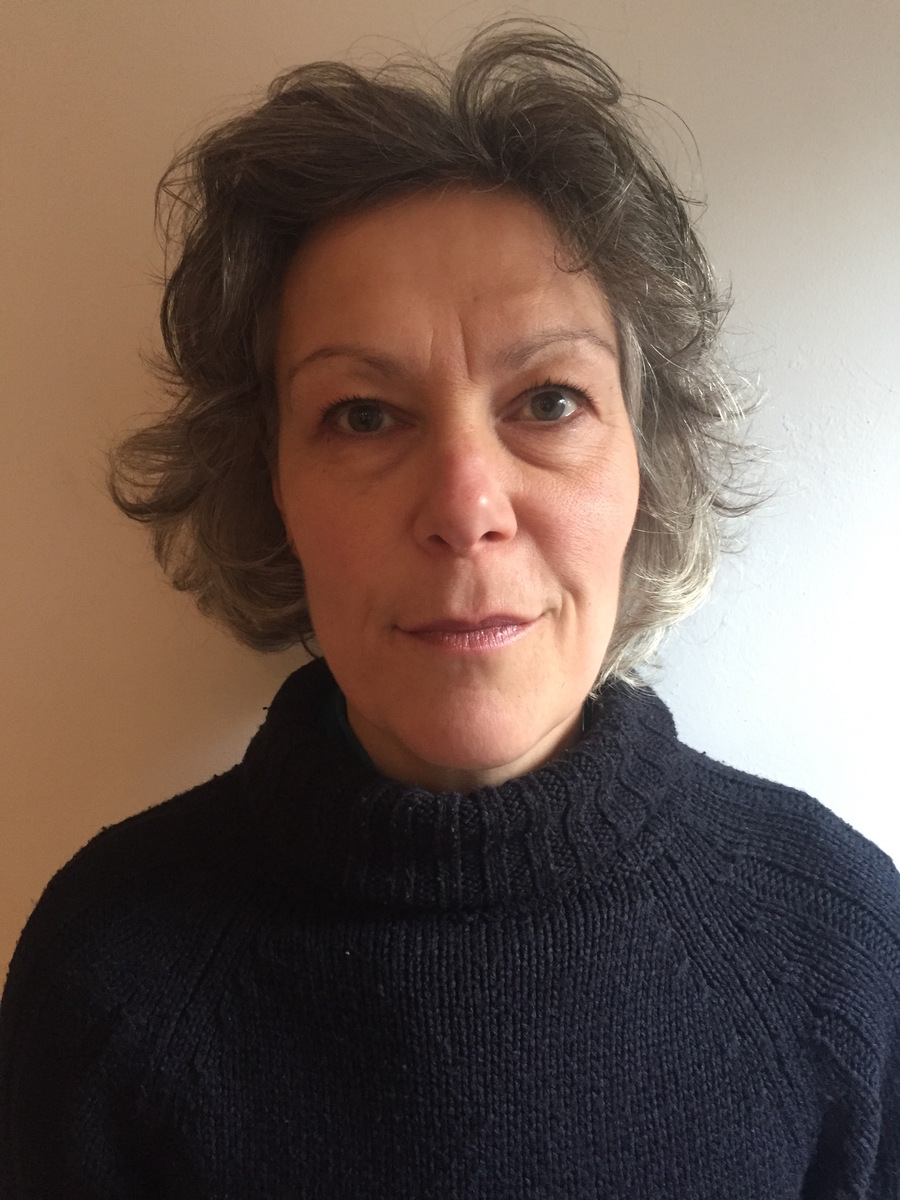
Kate DOUGLAS
Kate Douglas is a commissioning editor in the features department at New Scientist magazine. Her beat is “big biology” – human and animal behaviour, evolution, psychology, ecology, anthropology and more. She joined the magazine in 1992, before which she worked at the Royal Society in London and the Turkish Times in Istanbul.
Kate is running a surgery at the Speed pitching session at 17:00
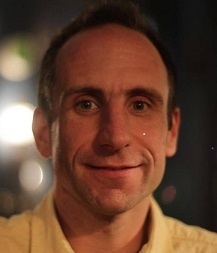
Andy EXTANCE
Andy Extance is Chair of the ABSW Executive Board.
He fuses chemistry and physics – and whatever other elements cross his desk – into words, thanks to a career infused with both fields. He has been a freelance science writer since 2003, working for employers such as Chemistry World and Scientific American. He was news editor for Compound Semiconductor magazine from 2006 to 2009.
Before that, Andy worked in industrial chemistry, briefly making adhesives and rubber after spending six and a half years working at Tripos Discovery Research, an early-stage contract pharmaceutical research company. He is also Chair of Exeter Community Energy, director of Exeter Empirical and Editor-in-chief of ScienceSeeker.
Andy has organised and will moderate the How to get a job as a science journalist in the mainstream media, and what to expect when you get there session at 12:10; he also organised the Google News Initiative Tools: Fundamentals session at 12:00
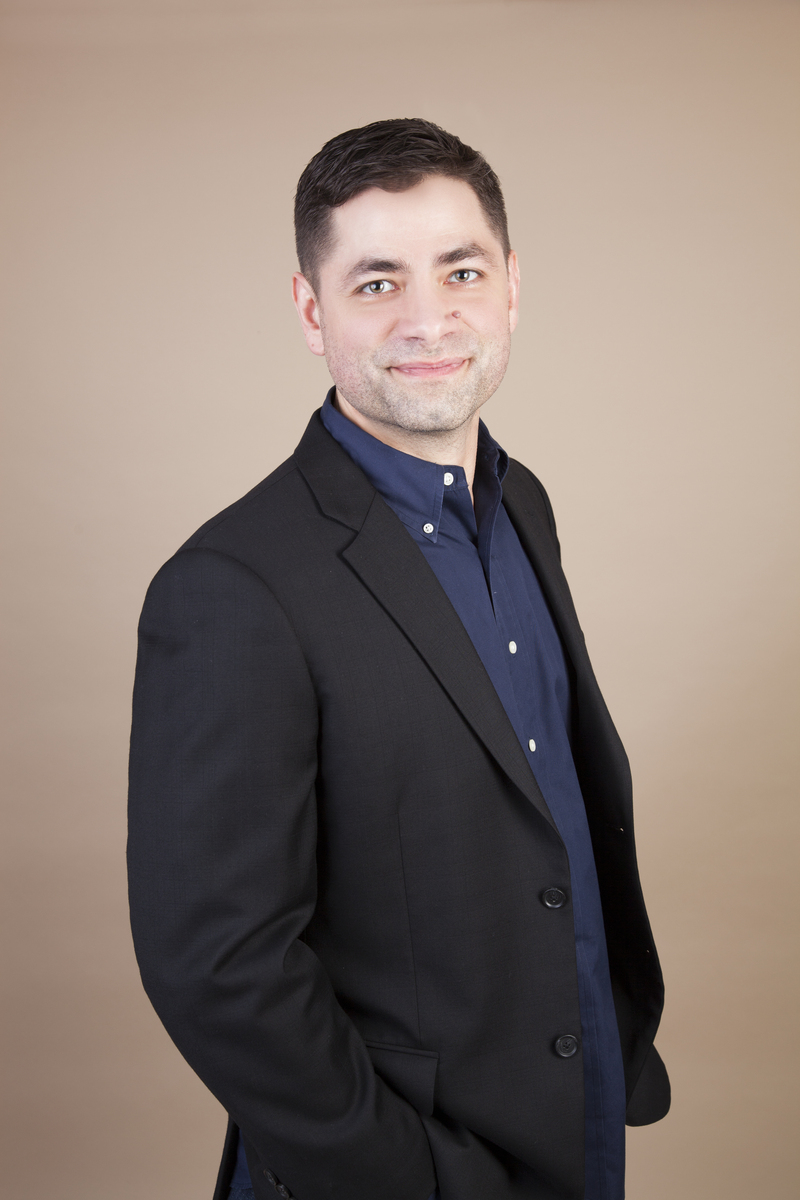
Martin Frigaard
Martin Frigaard is a Senior Clinical Programmer at BioMarin and the co-founder of Paradigm Data Group (PDG), LLC, a data science consultancy company. In 2016, he helped develop Data Journalism with R, a vertical on Storybench.org featuring tutorials and how-to guides. He also teaches an undergraduate data journalism course at California State University, Chico, his alma mater.
Martin has graduate degrees in exercise science and clinical research. Before starting PDG, he worked as a scientist and analyst and taught courses on epidemiology, statistics, and machine learning. In a former life, Martin was a medic and noncommissioned officer in the US Army Reserve from 2001 - 2006. Martin loves using technology, science, and teaching. When he is not doing one of those three things, he enjoys the outdoors, spending time with family and friends, and his dog.
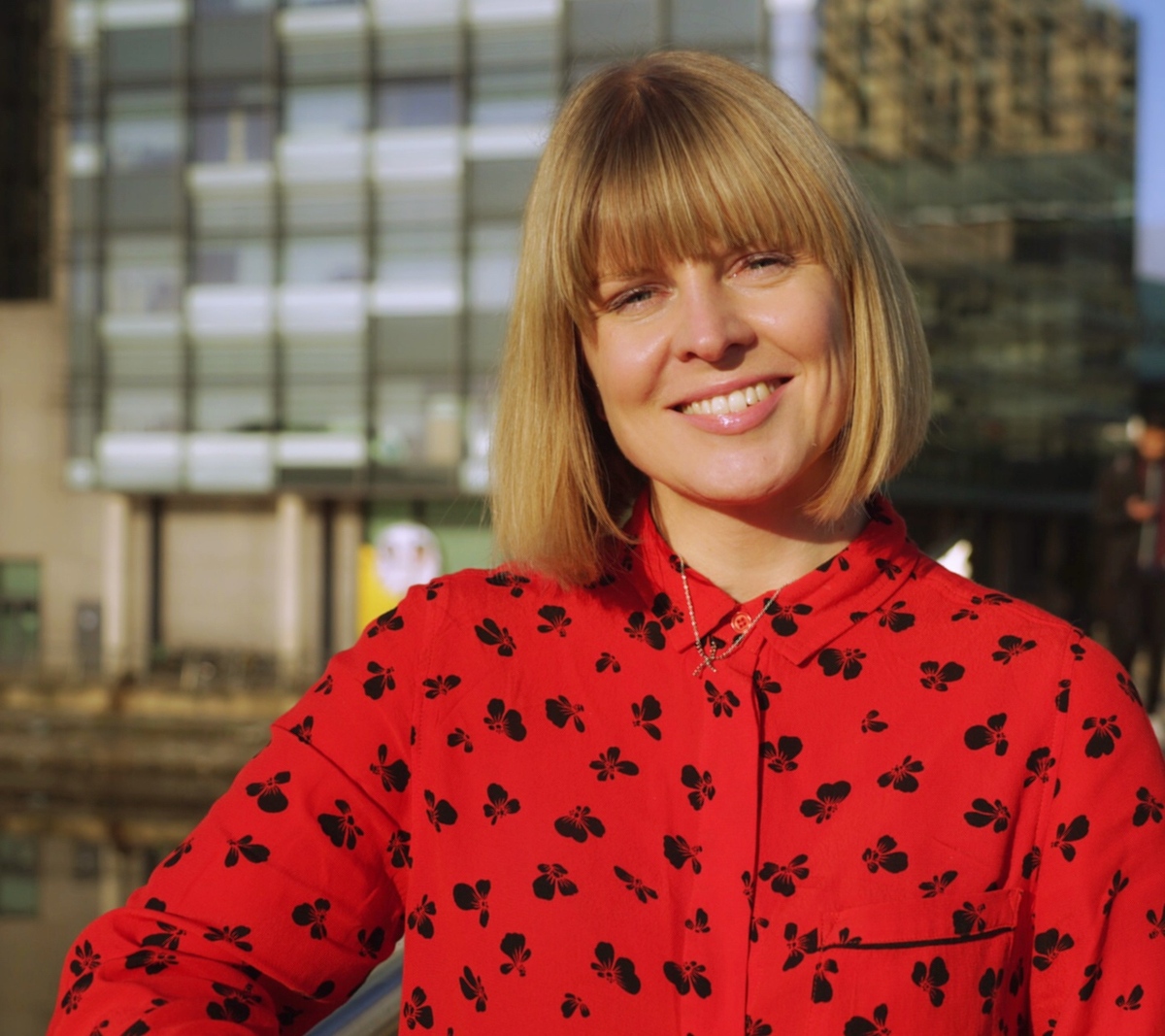
Victoria GILL
BBC Science correspondent Victoria Gill is an award-winning writer and broadcaster who has reported on stories from missions to Mars to the changing climate here on Earth.
Amongst other assignments during the coronavirus pandemic, Vic investigated and reported on the link between our relationship with the natural world the emergence of diseases like SARS Cov-2.
She wrote and presented BBC Our World's In the Shadow of Chernobyl documentary which won in the Video Story of the Year category at the 2020 ABSW Awards. Her short film on the ‘recycled gardens’ of Zaatari Refugee camp was nominated for an Association of International Broadcasters award.
You can watch her 2019 TED talk 'What a nun can teach a scientist about ecology' here and hear her alongside Liz Bonnin on the BBC's latest environment podcast, ‘What planet are we on?’ on BBC Sounds.
Victoria is on the discussion panel in the How to get a job as a science journalist in the mainstream media, and what to expect when you get there session at 12:10
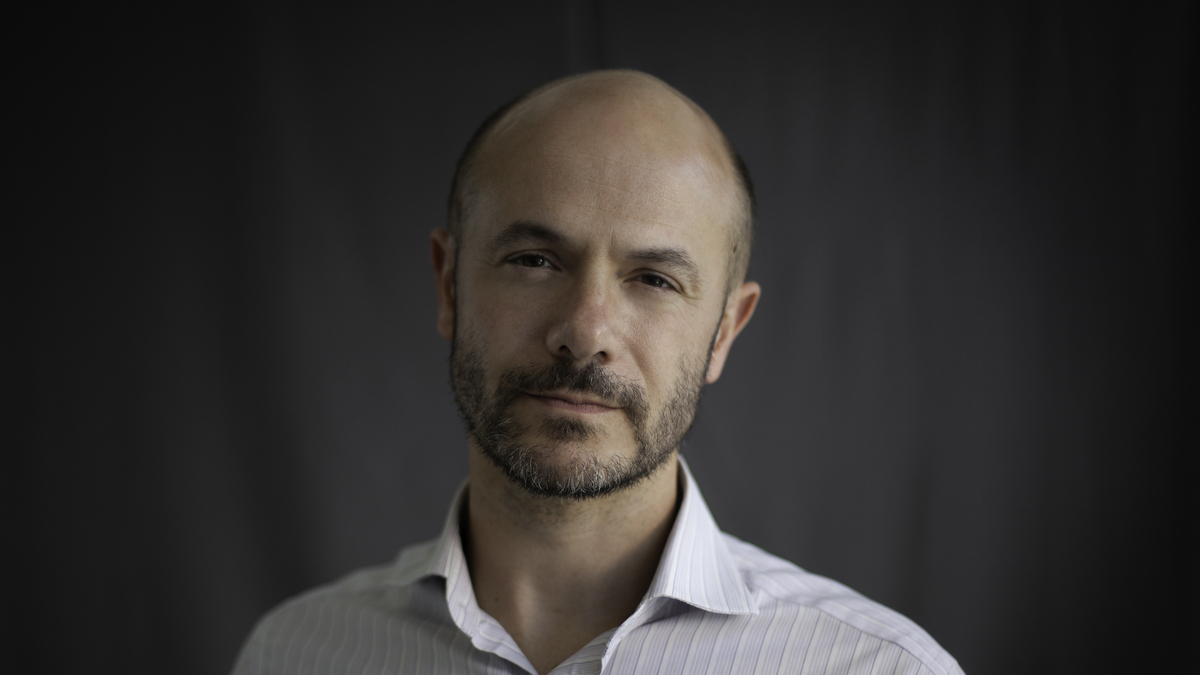
Richard GRAY
Richard Gray is the acting editor of BBC Future, the BBC’s home for features on science, technology, engineering and maths.
Previously he spent 10 years as the Sunday Telegraph’s science correspondent and later at the Daily Telegraph, then became Deputy News Editor at the Daily Telegraph, before leaving to work as a freelance science journalist. In the past he has also been a senior science writer at MailOnline, a news journalist at the Daily Mirror and health correspondent for Scotland on Sunday.
Richard is running a surgery at the Speed pitching session at 17:00
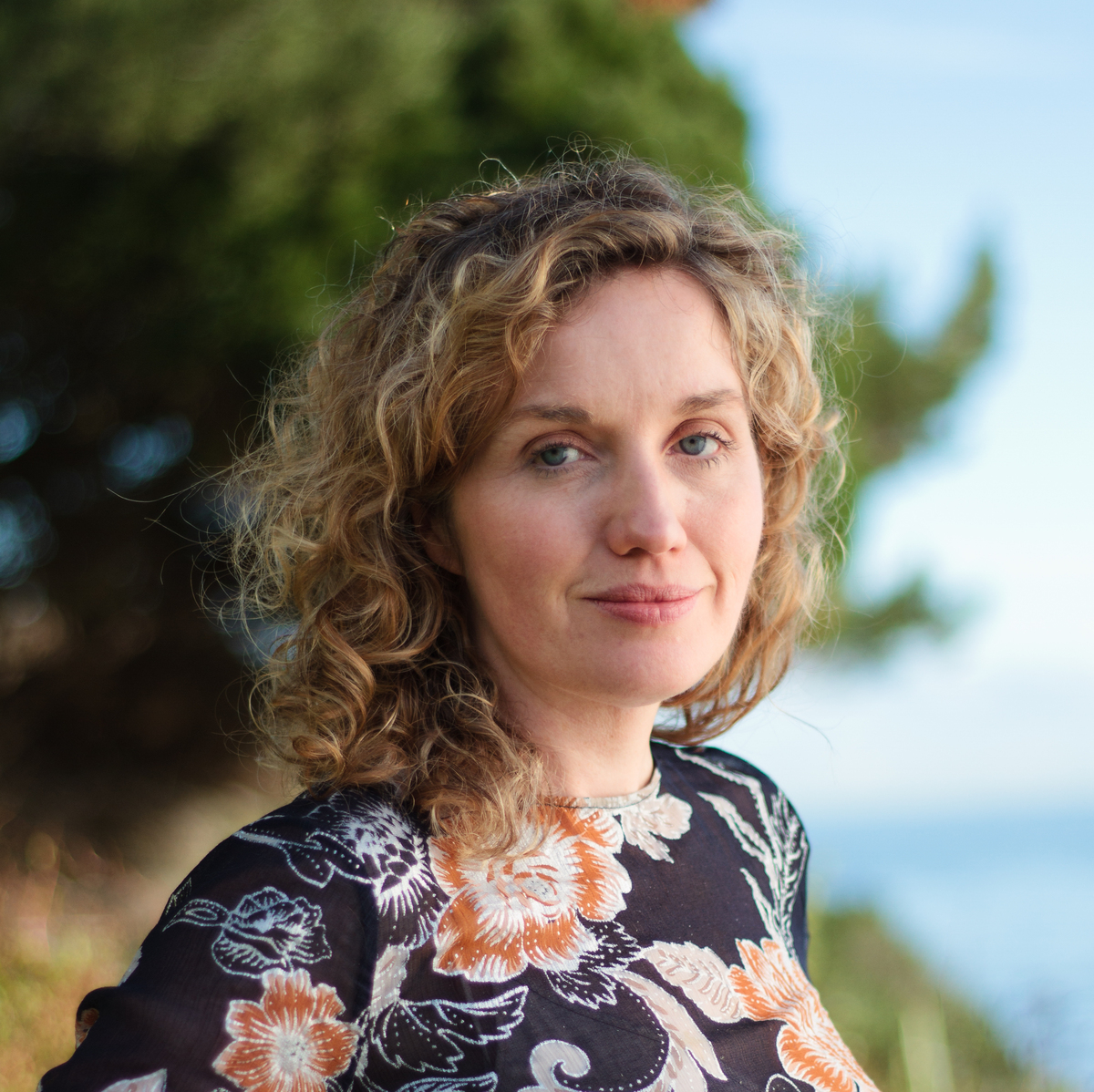
Olive HEFFERNAN
Olive Heffernan is a freelance science journalist with over 15 years of experience as a reporter and an editor. She covers oceans and climate change for a variety of publications. Her work has appeared in Nature, WIRED, National Geographic, Scientific American, New Scientist, BBC Wildlife, Salon, and China Dialogue among other outlets.
Before becoming a freelance writer, Olive was an editor with Nature Publishing Group in London for five years. During her time at Nature, she launched the website Nature Reports Climate Change and the blog Climate Feedback, which was part of the Guardian Environment Network. She then became the founding chief editor of the research journal Nature Climate Change.
In 2019, Olive joined the faculty of Johns Hopkins University as an adjunct, where she teaches a course on communicating climate change as part of the university’s Master’s program in Science Writing. Olive is currently writing her first book, about the high seas, the half of our planet that is ocean belonging to no-one. In 2019, Olive received the Giles St Aubyn Award for non-fiction from the Royal Society of Literature in the UK, for her forthcoming book.
Olive is on the discussion panel in the Successful freelancing session at 14:10
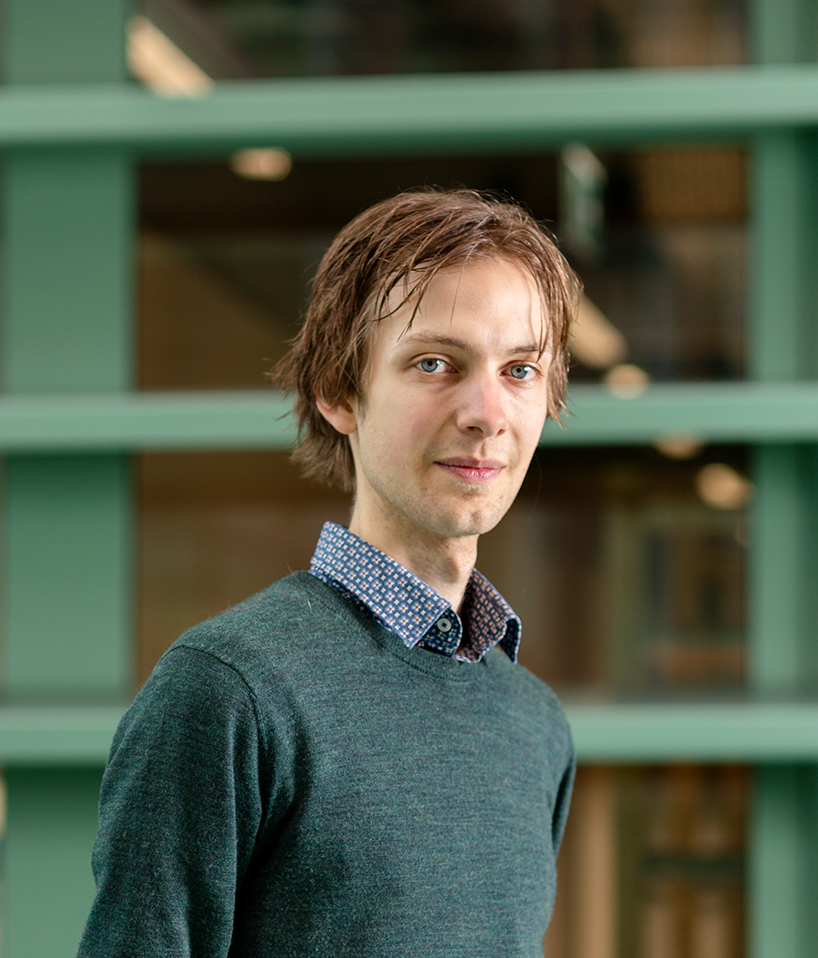
Serge HORBACH
Serge Horbach works as a postdoctoral fellow in science and technology studies at the Danish Centre for Studies in Research and Research Policy, at Aarhus University. His main research interests include scholarly communication, research evaluation and science’s quality assurance mechanisms, with a particular focus on research integrity and journal peer review. Lately, he has been studying the impact of the current pandemic on academic publishing and peer review practices.
Serge is on the discussion panel in our How to report on pre-prints session at 15:40
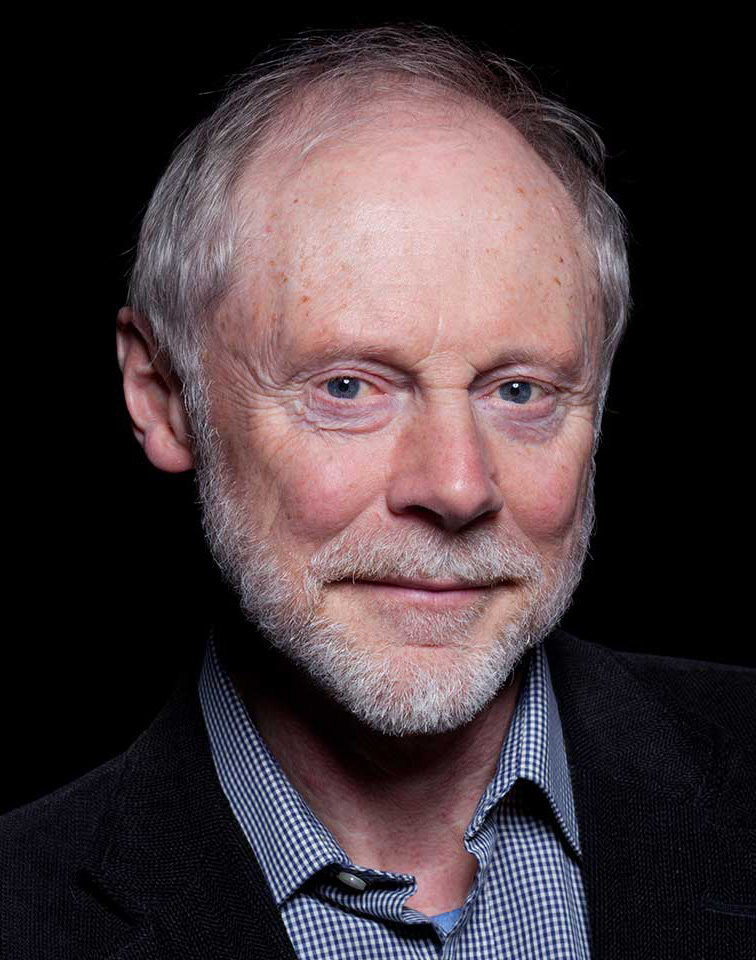
John INGLIS
John is the founding Executive Director and Publisher of Cold Spring Laboratory Press in New York, a not-for-profit publisher of nine journals, books, and online media in molecular and cellular biology. He is also the co-founder of bioRxiv and medRxiv, Cold Spring Harbor Laboratory’s preprint services for the life and health sciences. In addition, John is a Director of Life Science Alliance, LLC, founded jointly by Cold Spring Harbor Laboratory, EMBO Press Innovations gGmbH, and Rockefeller University to publish the open access journal Life Science Alliance.
John has edited four books and serves as executive committee member and academic mentor in Cold Spring Harbor Laboratory’s graduate school.
He graduated from the University of Edinburgh Medical School with a Ph.D. in immunology and was previously Assistant Editor of The Lancet, founding editor of Trends in Immunology, and managing editor of other Trends journals.
John is on the discussion panel in our How to report on pre-prints session at 15:40
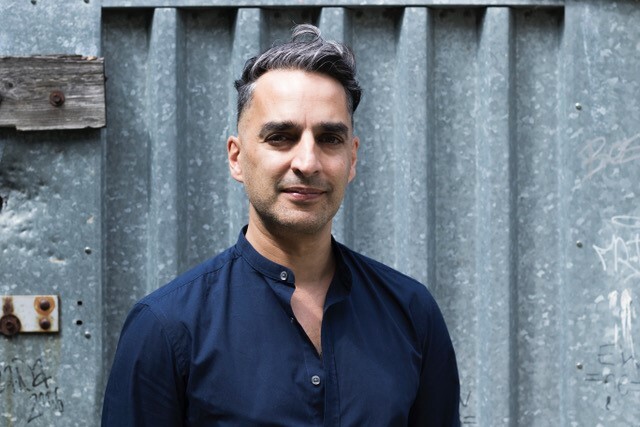
Shirish KULKARNI
Shirish Kulkarni is an award-winning journalist, trainer & researcher with more than 25 years experience working in all the UK’s major broadcast newsrooms and expertise spanning innovation, storytelling, technology, inclusion, mental health and engaged journalism.
He works as a freelance journalist, researcher and trainer, and as a Community Organiser at The Bureau of Investigative Journalism where he leads on the Bureau Local’s Open Newsrooms, story clinics and Decolonising the News project.
Shirish is on the discussion panel in the Including diverse voices in journalism session at 10:40
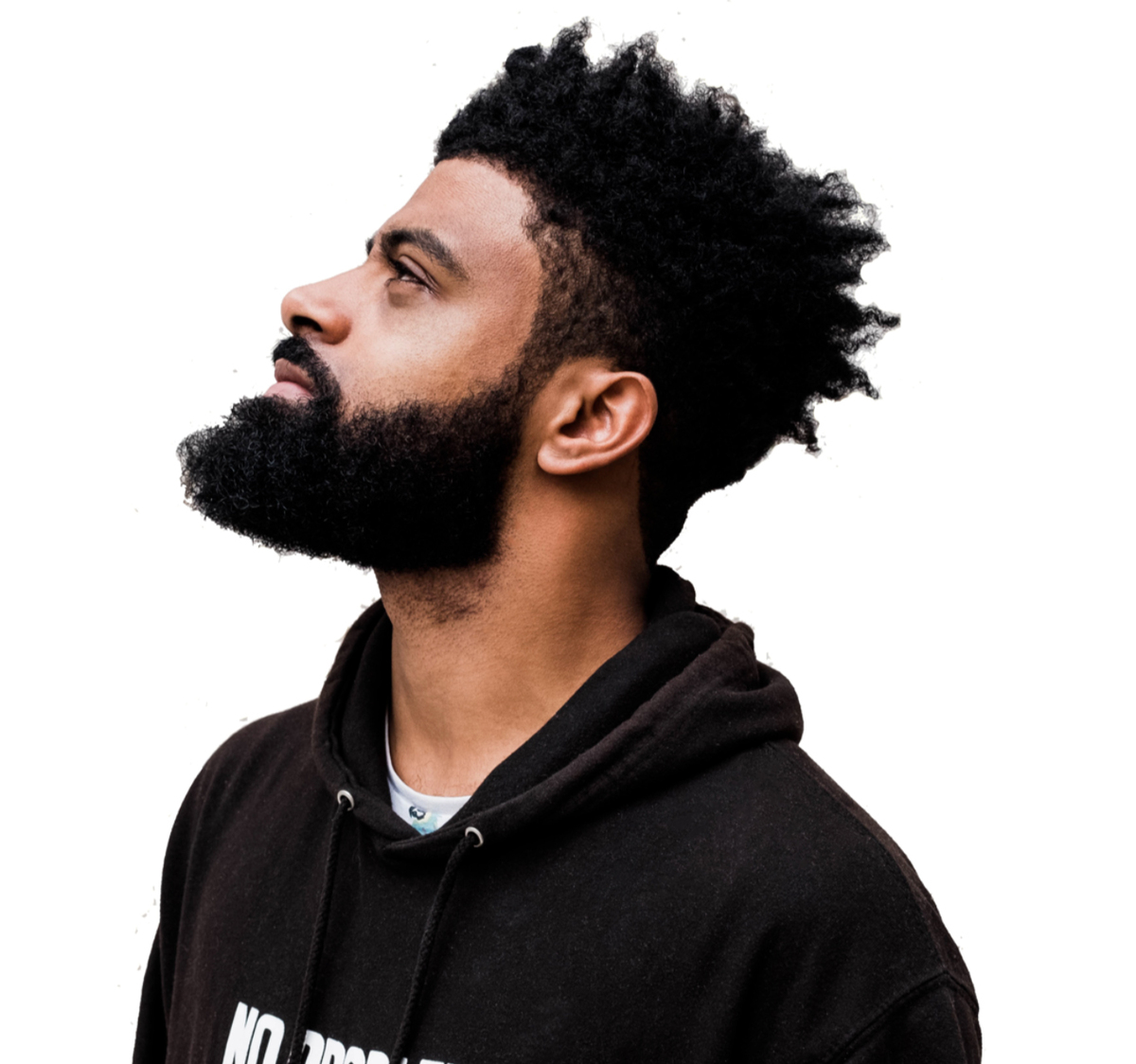
Alex LATHBRIDGE
Dr Alex Lathbridge is a Senior Producer in Digital News at Cancer Research UK, the team responsible for the online news channel. He has a PhD in Biochemistry and as an audio producer exploring how new audiences can be reached authentically, he’s recently launched the charity’s new podcast – That Cancer Conversation.
Alex is on the discussion panel in the Science writing beyond journalism: What other jobs are out there (and how can I get one)? session at 16:50
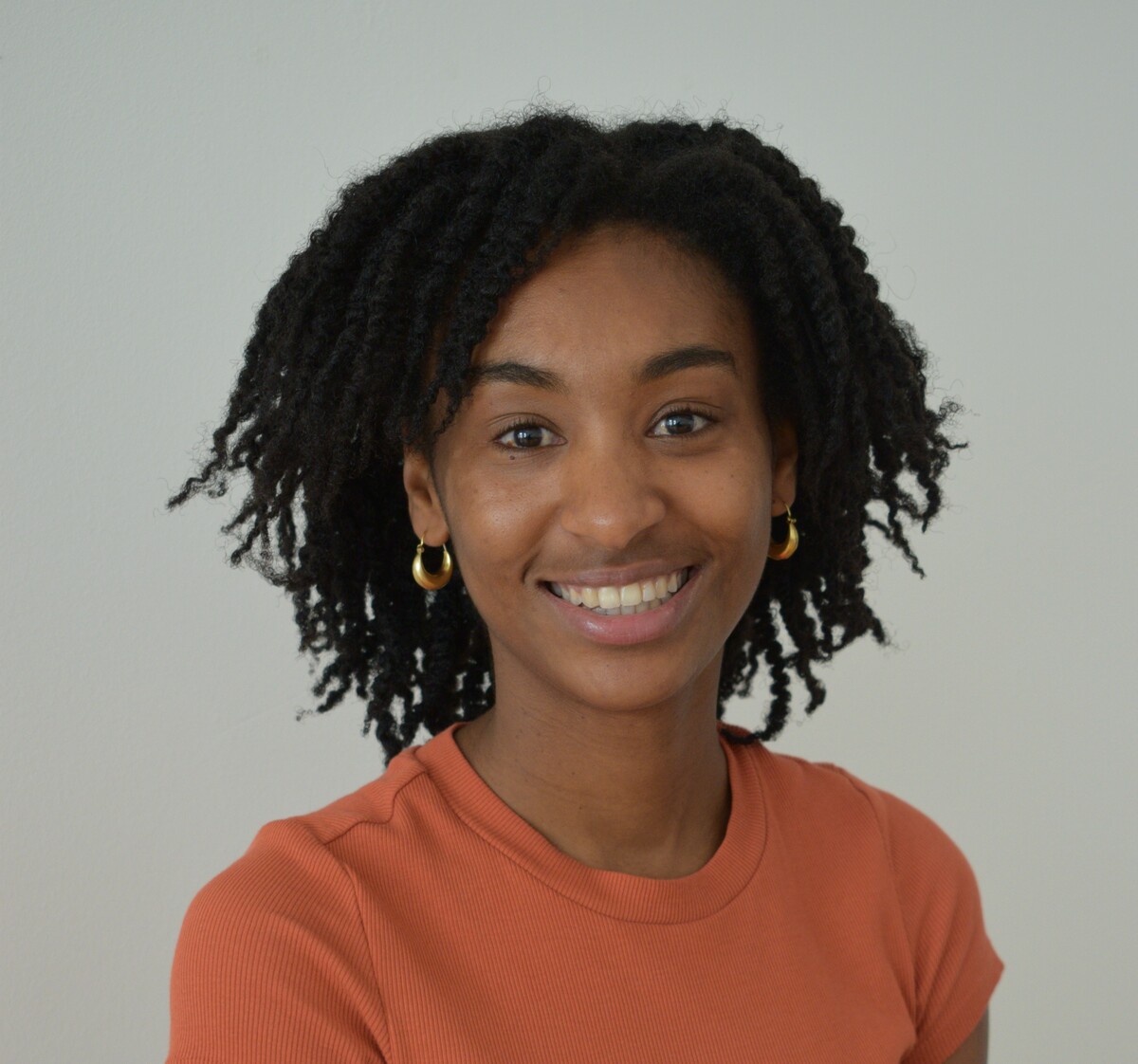
Layal LIVERPOOL
Layal Liverpool is a science writer based in Berlin, Germany. Currently she is working as a digital journalist at New Scientist. She writes news, features and opinion articles about the latest scientific developments in technology, space, the environment and health, with a particular focus on inequalities in science and health. Her writing has appeared in New Scientist, Wired and The Guardian.
Before moving into journalism, Layal worked as a biomedical researcher at University College London and the University of Oxford in the UK. She has a PhD in virology and immunology.
Layal is on the discussion panel in the Unlearning academic writing session at 15:50
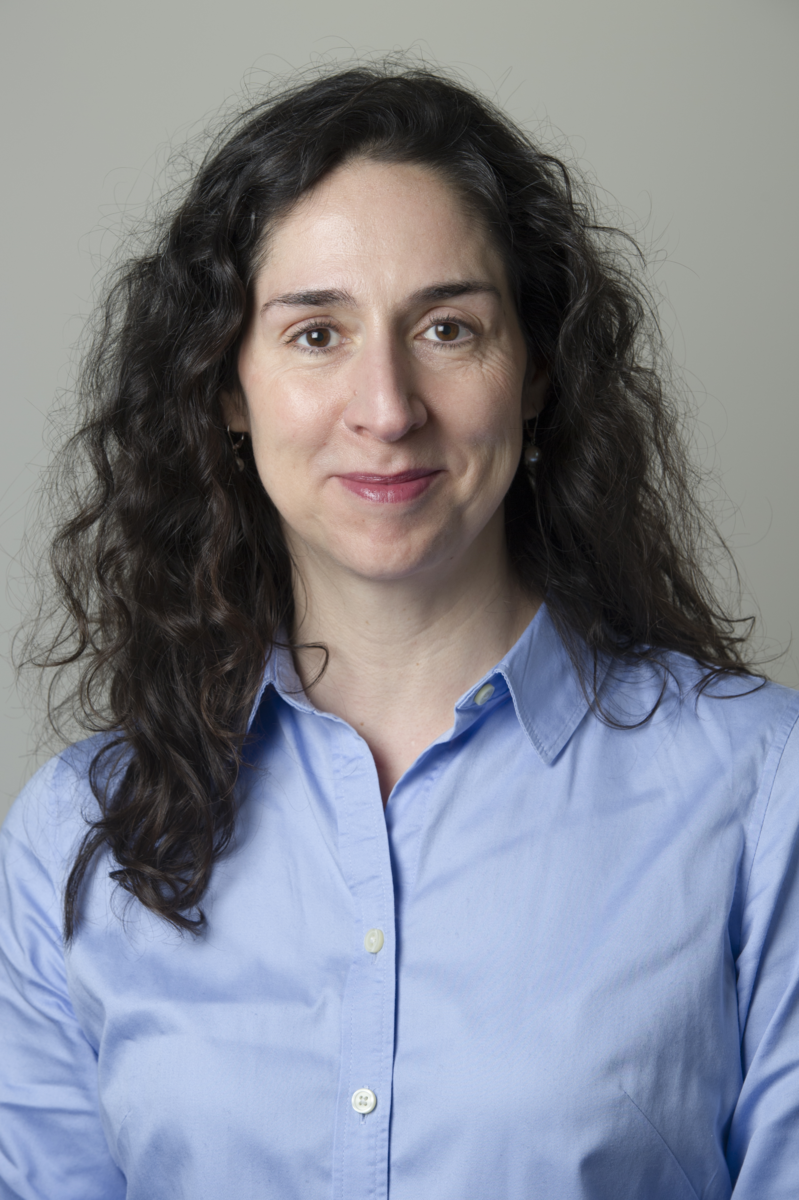
Natasha LODER
Natasha Loder has worked at The Economist for over 20 years in a range of reporting roles, mostly in science, technology and medicine. Between 2011 and 2015 she was based in Chicago and covered politics, education, and American life in the Midwest. Since 2015 she has been a health journalist, and is currently the health policy editor at The Economist. Prior to this, she worked as a reporter for Nature, and The Times Higher Education Supplement.
She has won many awards for her work, including Best Feature from the Medical Journalism Association (2018), the June L. Biedler Prize for Cancer Journalism (2018), Science Commentator of the Year (2016), and Best Feature from the Association of British Science Writers (2016). In 2009, she was awarded a bronze medal for her work on forest carbon markets by Ban Ki-moon, on behalf of the UN correspondents association.
She is a former Chair of the Association of British Science Writers, and a current judge of the John Maddox Prize, which recognises the work of individuals who promote sound science and evidence.
Natasha will deliver the opening keynote address Reporting from the frontline of a pandemic at 09:30
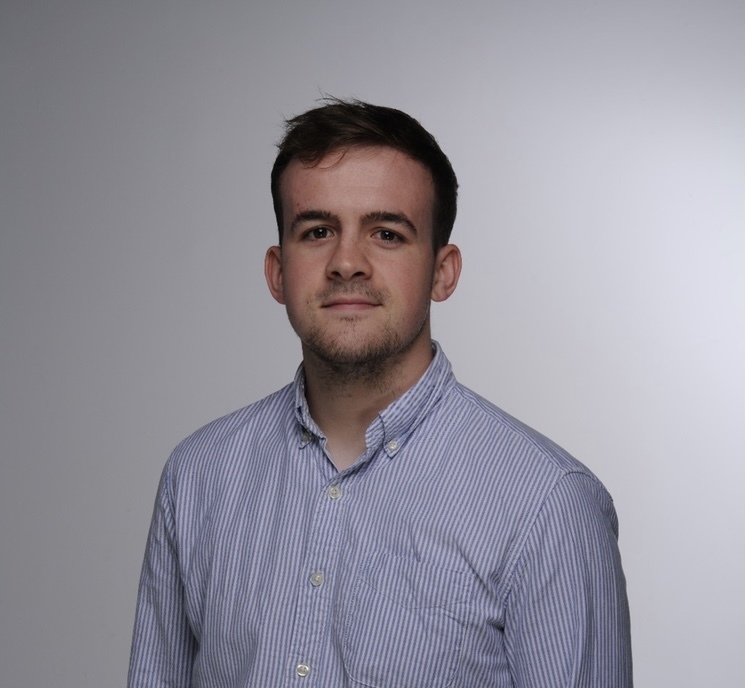
Sam LOVETT
Samuel Lovett is The Independent's Science Correspondent. His reporting focuses on vaccines, variants and treatments related to coronavirus. He also covers global health and governance.
Sam is on the discussion panel in the How to get a job as a science journalist in the mainstream media, and what to expect when you get there session at 12:10
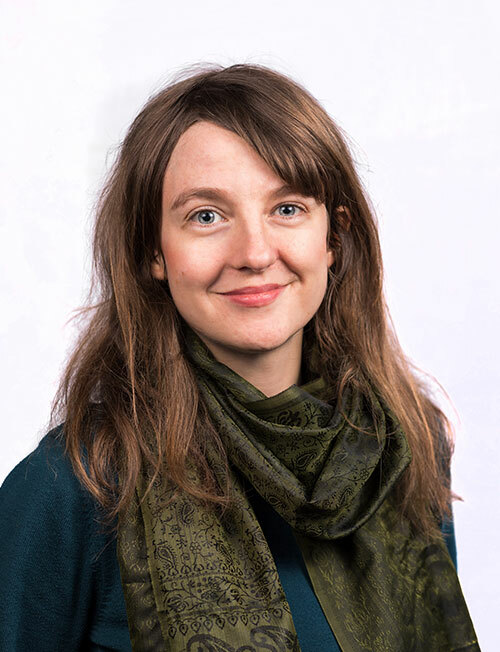
Georgia MILLS
Georgia Mills is a podcast and radio producer with seven years of experience making shows about science. She has been freelance for two of those years, making programmes for Audible, the BBC, WWF and The Natural History Museum, while also dabbling in writing and voiceover. She produces and presents the endocrinology podcast Hormones: The Inside Story.
Georgia is on the discussion panel in the Successful freelancing session at 14:10
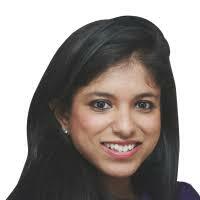
Madhumita MURGIA
Madhumita Murgia writes about technology for the FT. She was previously a reporter and editor at WIRED and The Daily Telegraph.
She also authors a monthly column on the tech world for the FT weekend magazine and features on the weekly podcast Tech Tonic.
Madhumita is on the discussion panel in the How to get a job as a science journalist in the mainstream media, and what to expect when you get there session at 12:10
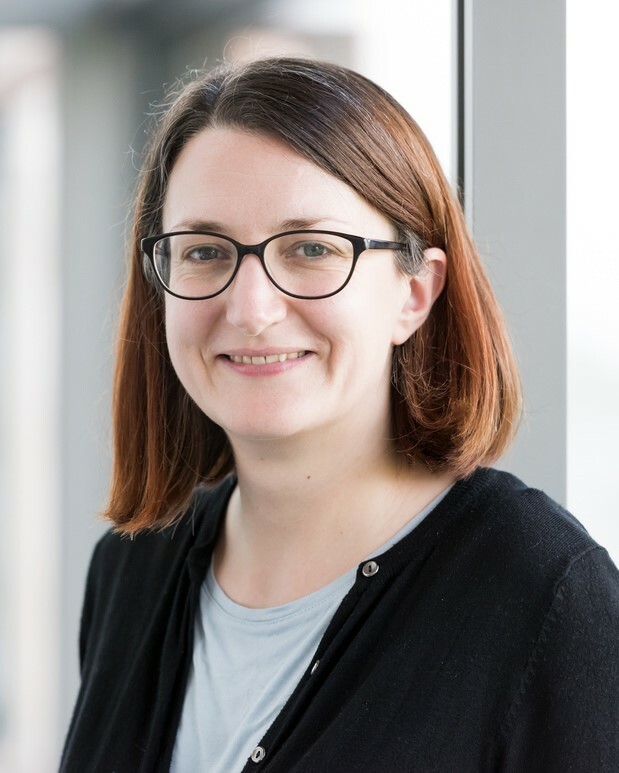
Katherine NIGHTINGALE
Kath(erine) Nightingale is Digital Communications and Content Manager at the Francis Crick Institute, responsible for the content and development of the Crick’s digital (and some paper) channels. Before that she spent a decade in communications at the Medical Research Council and SciDev.Net. She has Master’s degrees in molecular and cellular biology, and science communication, the latter pursued after a brief and unsuccessful foray into the lab.
Kath is on the discussion panel in the Science writing beyond journalism: What other jobs are out there (and how can I get one)? session at 16:50
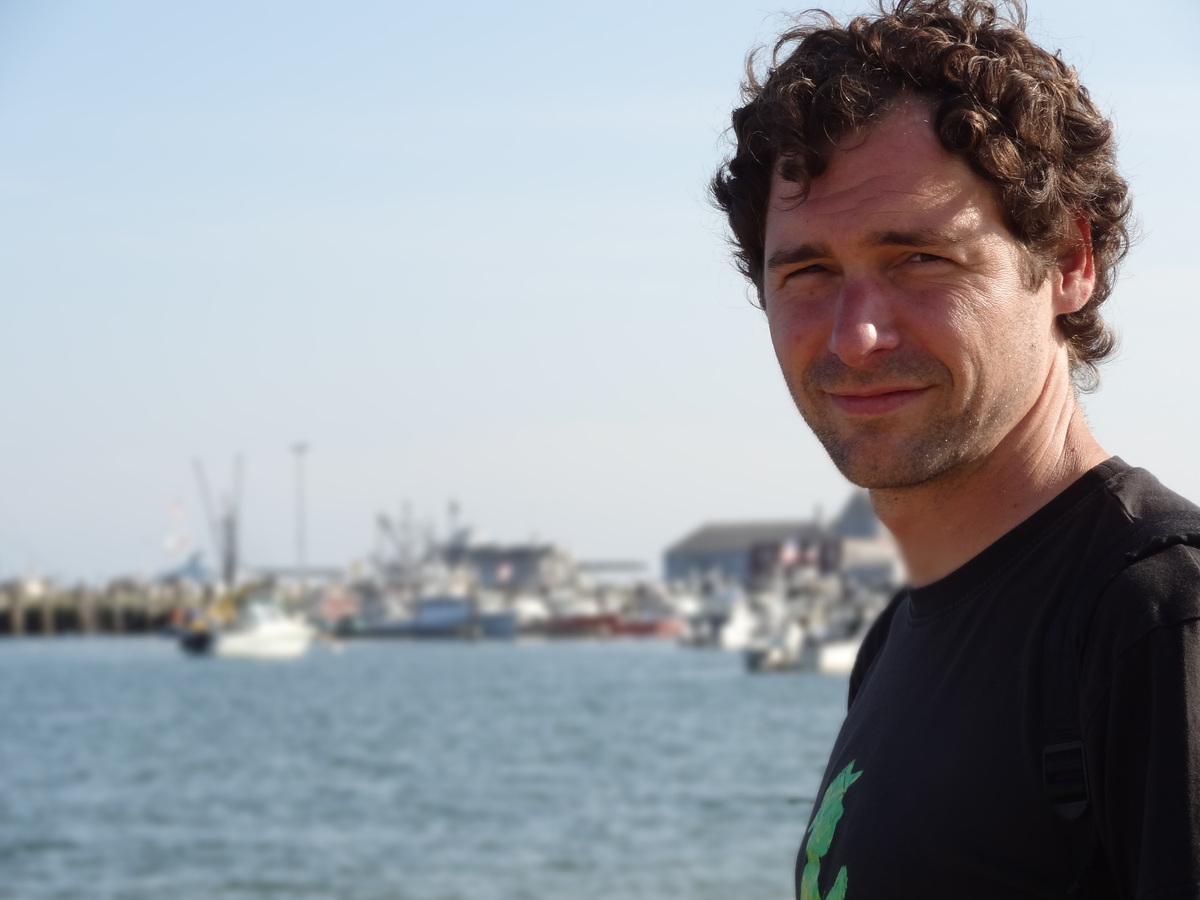
Jason PALMER
Jason Palmer is the host of “The Intelligence”, a daily current-affairs podcast from The Economist, where he is a former science and technology correspondent.
He was a Knight Science Journalism Fellow at MIT in 2013/14. Before that, he spent a few good years reporting on science and technology for the BBC, and a bit at New Scientist. In an increasingly distant past, he used to build lasers and shoot them at stuff, which was occasionally spectacularly awesome. But when he tried his hand at science writing, freelancing during a postdoc, he was smitten.
Jason is on the discussion panel in the Unlearning academic writing session at 15:50
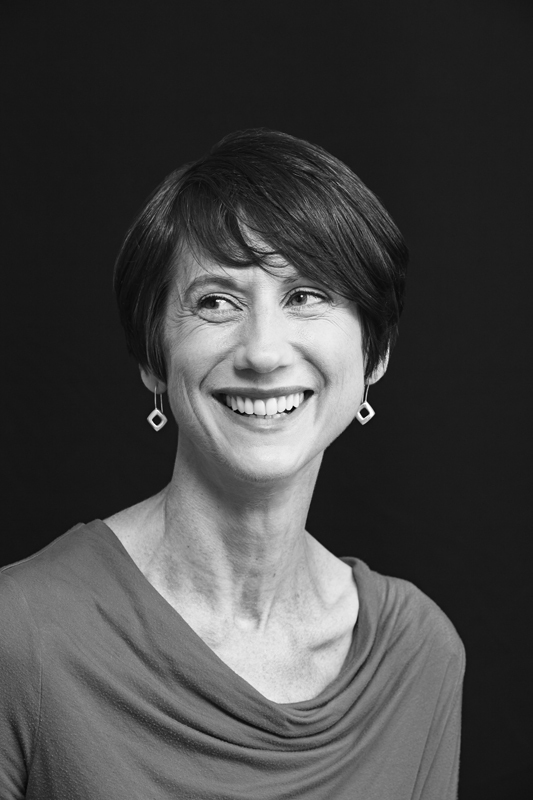
Helen PEARSON
Helen Pearson is Chief Magazine Editor for Nature, the world’s leading science journal, where she oversees its journalism and opinion content.
Her first book, The Life Project, was named best science book of the year by The Observer, and was a book of the year for The Economist. Her TED talk has received over 2 million views.
A reporter for Nature since 2001, Helen has won accolades including the Wistar Institute Science Journalism Award and two best feature awards from the Association of British Science Writers. She has a degree in natural sciences from the University of Cambridge and a PhD in genetics.
She is currently working on her second book, What to Believe, about the use of research and evidence to make decisions.
Helen is running a surgery at the Speed pitching session at 17:00
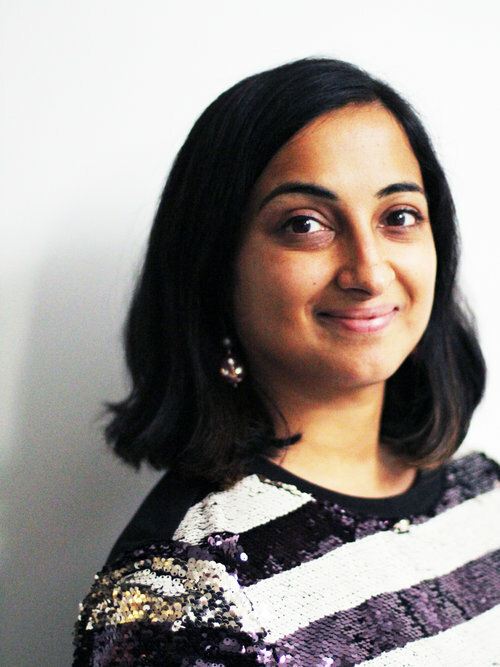
Anjali RAMACHANDRAN
Anjali Ramachandran is a Director at Storythings, a media strategy and content production company where she led on partnerships for Diffusion, a two-year project building a science journalism syndication network.
She is co-founder of Ada's List, a global network for women in STEM with over 8000 members. She writes the Other Valleys newsletter about creative and technology news in emerging markets. She is a trustee of Chayn, a feminist non-profit that uses technology to support survivors of abuse and trauma.
In the past, she has been a trustee of Photoworks, a charity in visual arts and on the Advisory Board of Angel Academe, a group of angel investors who fund female entrepreneurs. She was one of BBC's 100 Women in 2014 and the Financial Times/Inclusive Boards Top 100 BAME Tech Leaders in the UK 2018.
Anjali is on the discussion panel in the Including diverse voices in journalism session at 10:40
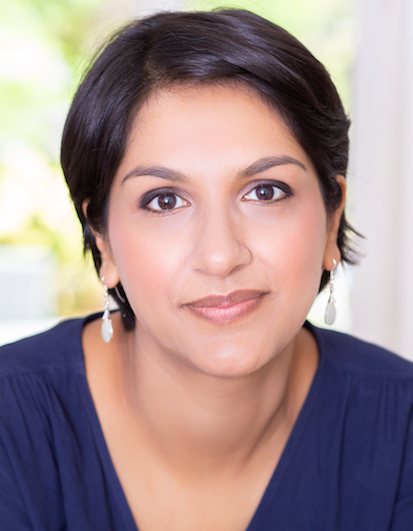
Angela SAINI
Angela Saini is an award-winning British science journalist and broadcaster. She presents science programmes on the BBC, and her writing has appeared in New Scientist, The Sunday Times, National Geographic and Wired.
Her latest book, Superior: the Return of Race Science, was a finalist for the LA Times Book Prize and named a book of the year by The Telegraph, Nature and Financial Times. Her previous book, Inferior: How Science Got Women Wrong, has been translated into thirteen languages.
Angela has a Masters in Engineering from the University of Oxford and was a Fellow at the Massachusetts Institute of Technology.
Angela is on the discussion panel in the Including diverse voices in journalism session at 10:40
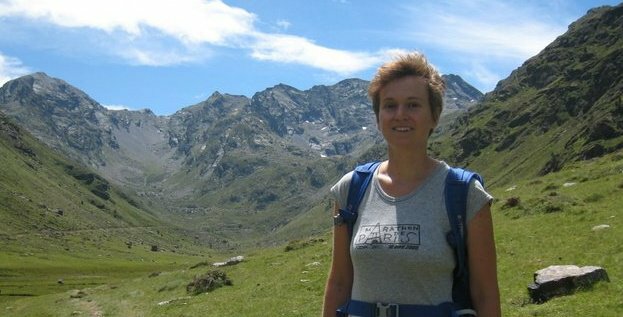
Katharine SANDERSON
Katharine is an award-winning science journalist and editor who mostly writes about the physical sciences, for titles including Nature, New Scientist and many others.
She was a news editor and reporter at Nature for several years, and started her journalism career at Chemistry World when it first launched.
Katharine also teaches modules on science writing at Leeds University and King's College London. She has BSc and MSc chemistry degrees from Imperial College and a PhD in chemistry from Cambridge University.
Katharine has made the most of freelancing to live in different places, including the French pyrenees, and is now based on the Lizard peninsula, Cornwall.
Katharine has organised and will moderate the keynote address Reporting from the frontline of a pandemic at 09:30 and the Successful freelancing session at 14:10
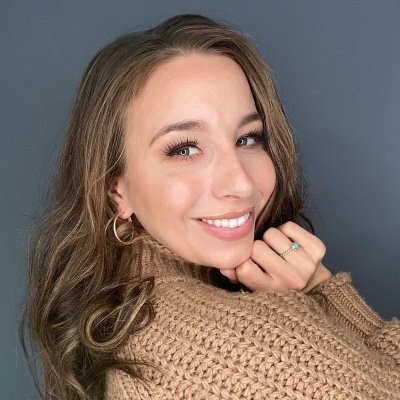
Caroline SCOTT
Caroline Scott is a Google News Lab Teaching Fellow, working with news organisations and journalists around the world to help them use practical tools that will bring their stories to life.
Caroline is delivering a workshop on Google News Initiative Tools: Fundamentals at 12:00
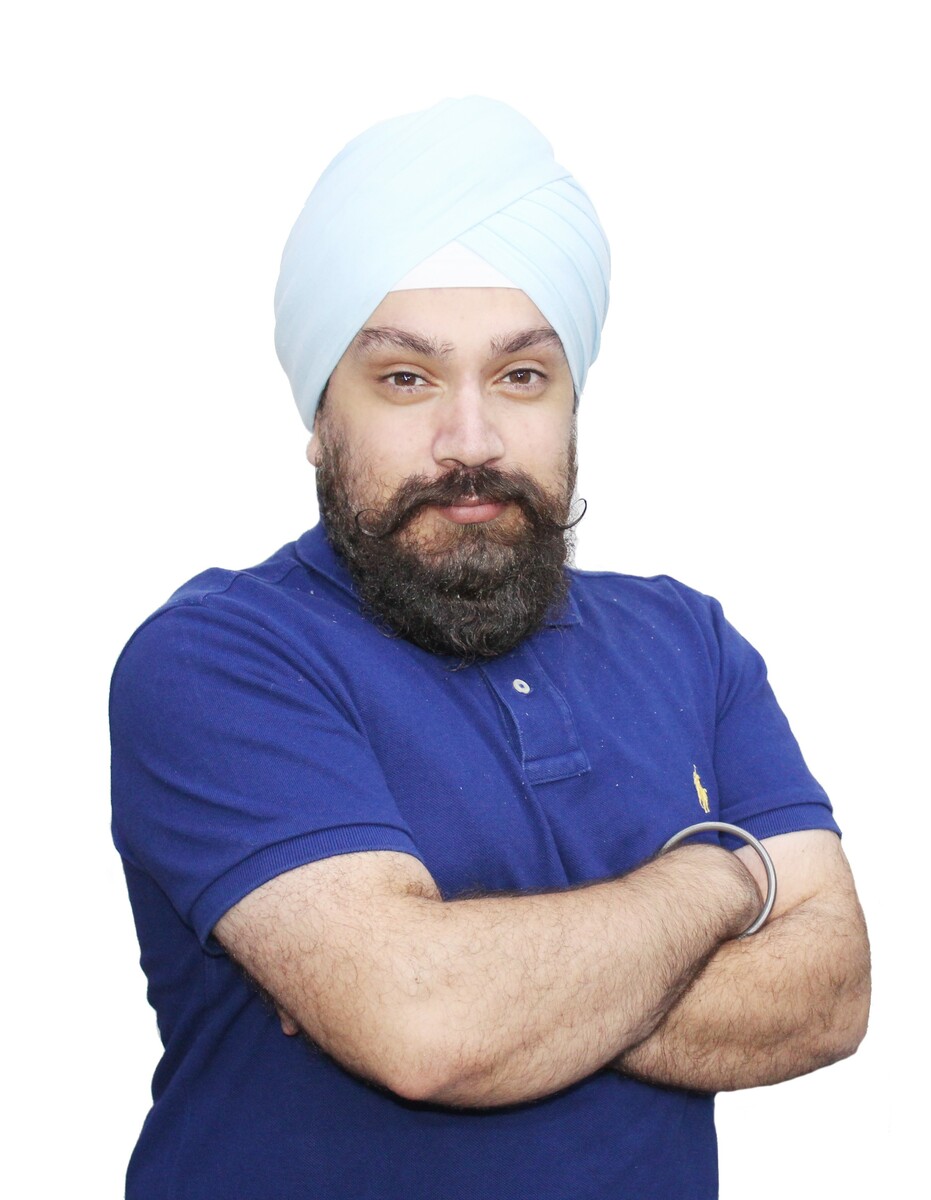
Dalmeet SINGH CHAWLA
Dalmeet Singh Chawla is an award-winning freelance science journalist based in London and treasurer of the ABSW.
His work has been published in the New York Times, The Guardian, The Economist, Nature, Science, New Scientist, and many other media outlets.
Dalmeet has organised and will moderate our How to report on pre-prints session at 15:40
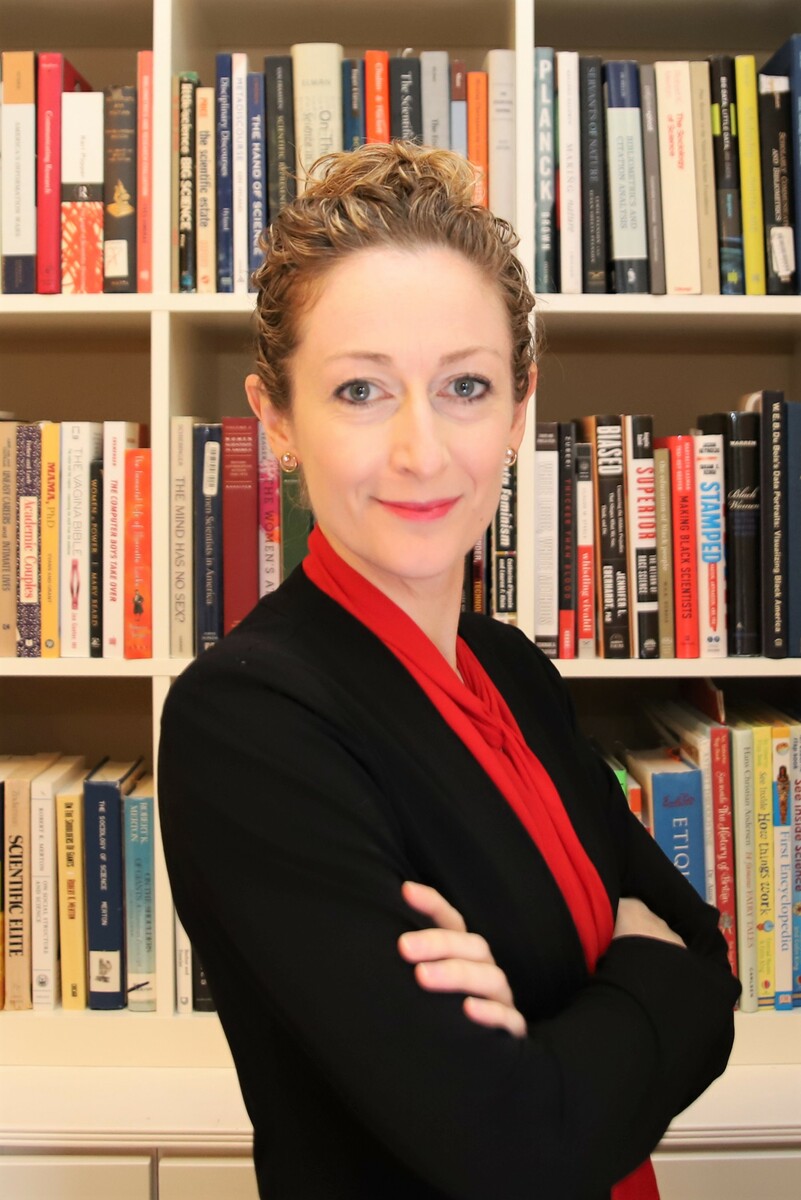
Cassidy SUGIMOTO
Cassidy R. Sugimoto is Professor, School Chair, and Tom and Marie Patton Chair in the School of Public Policy at Indiana University Bloomington.
Her research examines the formal and informal ways in which knowledge is produced, disseminated, consumed, and supported, with an emphasis on issues of diversity, equity, and inclusion. She received the Indiana University Trustees Teaching award (2014) and a Bicentennial Award for service from Indiana University (2020), where she served on the faculty from 2010-2020. During her tenure at IUB, Sugimoto also served a rotation as the Program Director for the Science of Science and Innovation Policy program at the National Science Foundation.
She has a doctoral degree in Information and Library Science from the University of North Carolina at Chapel Hill.
Cassidy is on the discussion panel in our How to report on pre-prints session at 15:40
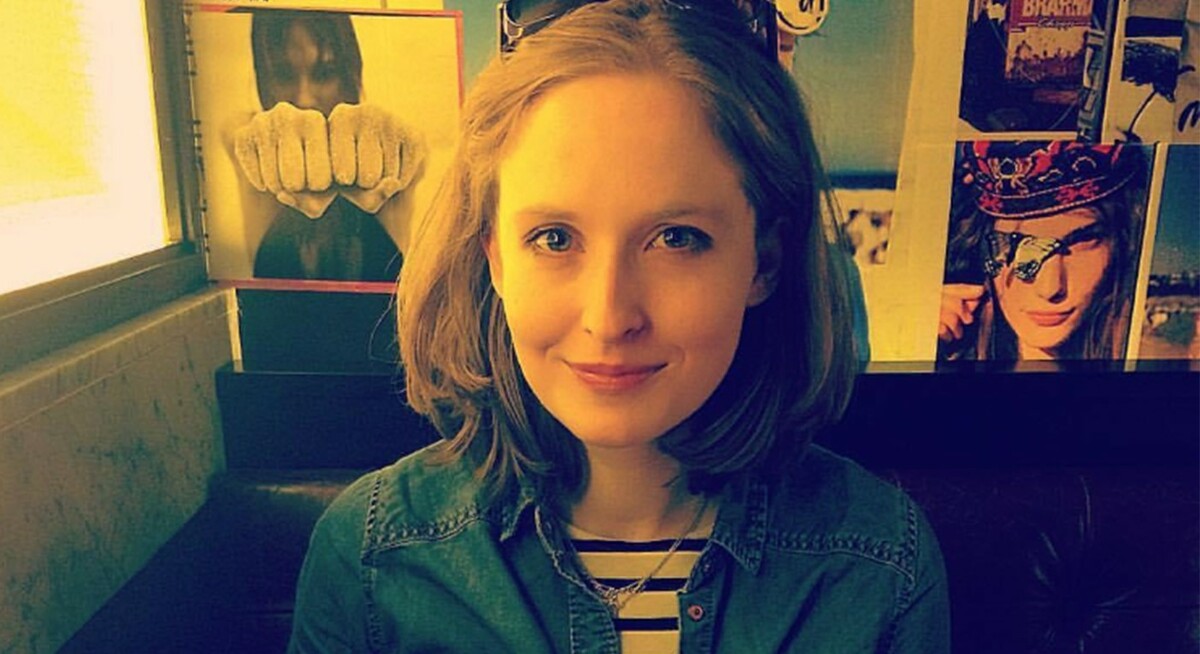
Alexandra THOMPSON
Alexandra graduated from the University of Leeds with a 2.1 Hons degree in Biology. Her first journalism job was as an editorial assistant at the B2B pharmaceutical magazines Training Matters and Pharmacy, where she won Best Healthcare Professional Journalist 2015 at the Johnson & Johnson awards . She then reported on the more business side of pharmaceutical companies at Mergermarket (formerly part of the FT).
Alexandra later became a health reporter at MailOnline, where she got promoted to senior health reporter. She is currently the only health reporter at Yahoo News UK.
Alexandra is on the discussion panel in the How to get a job as a science journalist in the mainstream media, and what to expect when you get there session at 12:10
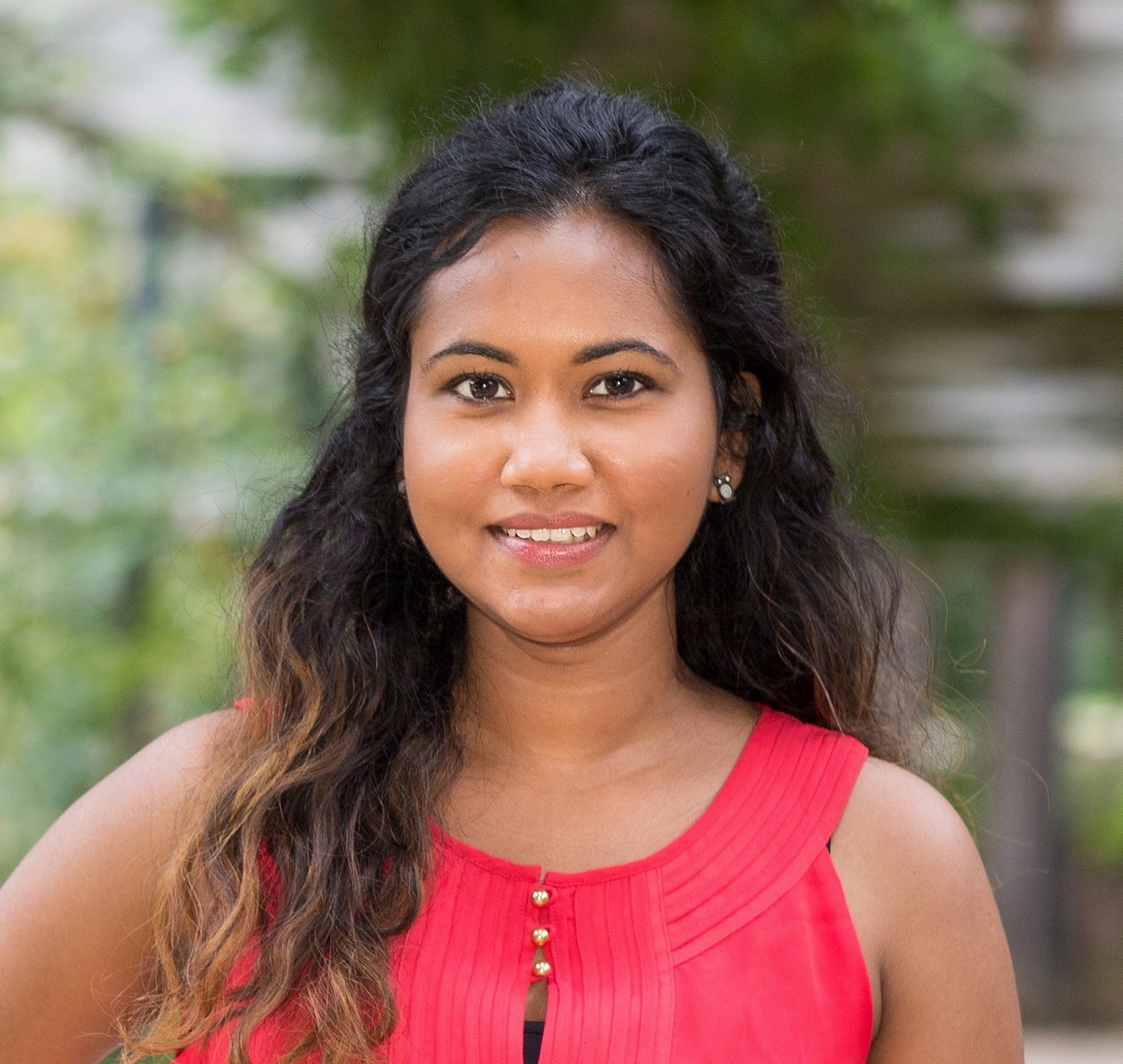
Gayathri VAIDYANATHAN
Gayathri Vaidyanathan is a freelance journalist and her print and audio work has appeared in Nature, the Washington Post, the BBC, and other places. Her feature writing has received multiple awards. She has traveled across North America, Africa and Asia on long-form reporting projects. She has a master’s degree from Columbia University in New York, and a bachelors in biochemistry from McMaster University in Ontario.
Gayathri is on the discussion panel in the Successful freelancing session at 14:10
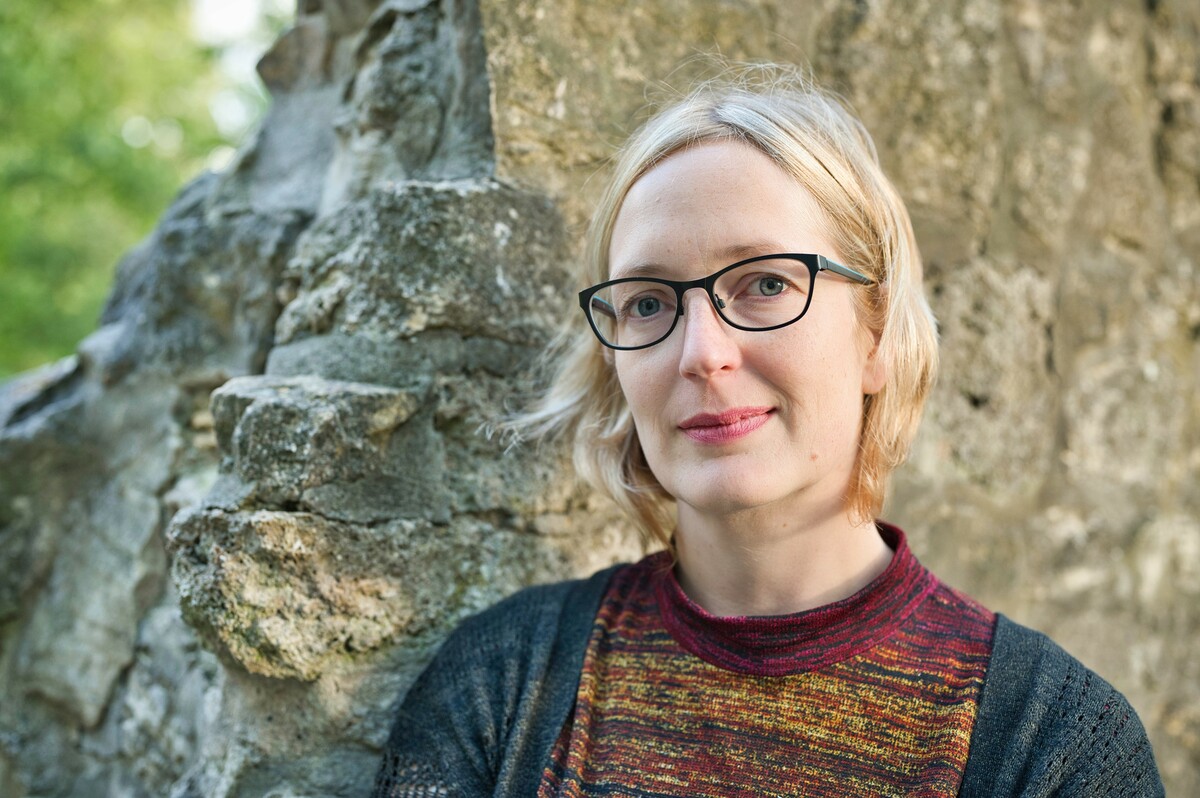
Inga VESPER
Inga Vesper is a journalist and editor. She moved to the UK from Germany to work as a carer, before the urge to write and explore brought her to journalism. As an editor, she has worked for Research and SciDev.Net, while her freelance career has led to publications in Nature, Science, Scientific American and the New Scientist. She holds a MSc in Climate Change Management from Birkbeck College.
She is the author of The Long, Long Afternoon, out 2021 with Manilla Press.
Inga has worked and lived in Syria and Tanzania, but always returned to London, because there's no better place to find a good story than the top deck of a bus.
Inga is running a surgery at the Speed pitching session at 17:00
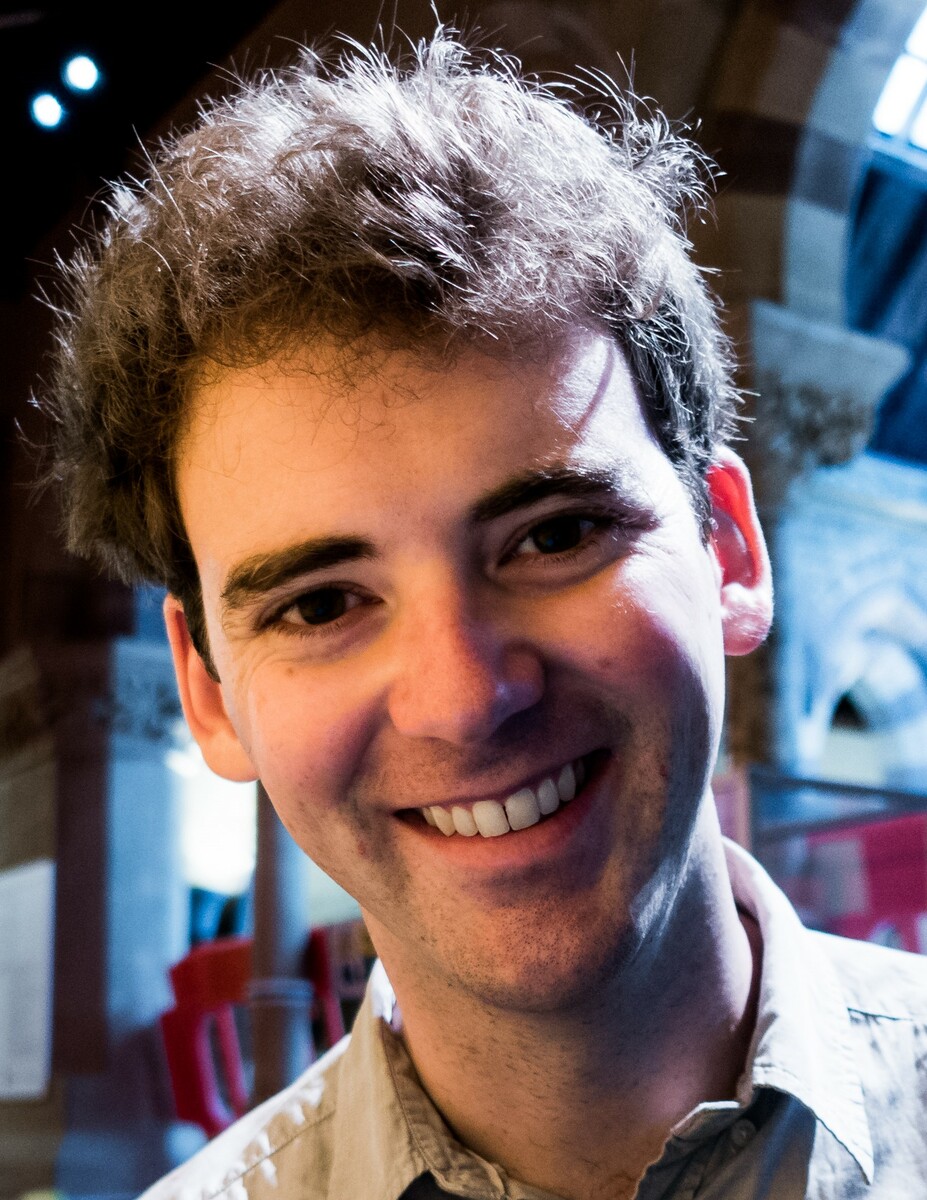
Matt WARREN
Matthew Warren is the editor of Research Digest, an online outlet covering the latest psychology research, published by the British Psychological Society. He previously worked as a reporter for Nature and Science Magazine. Matthew studied psychology in his home of New Zealand and completed a doctorate in neuroscience at the University of Oxford. Before moving into journalism, he worked as a press officer in the biotech industry.
Matt has organised and will moderate the Data journalism: using data as a source session at 14:00 and the Science writing beyond journalism: What other jobs are out there (and how can I get one)? session at 16:50. He will also moderate the Google News Initative Tools: Fundamentals session at 12:00
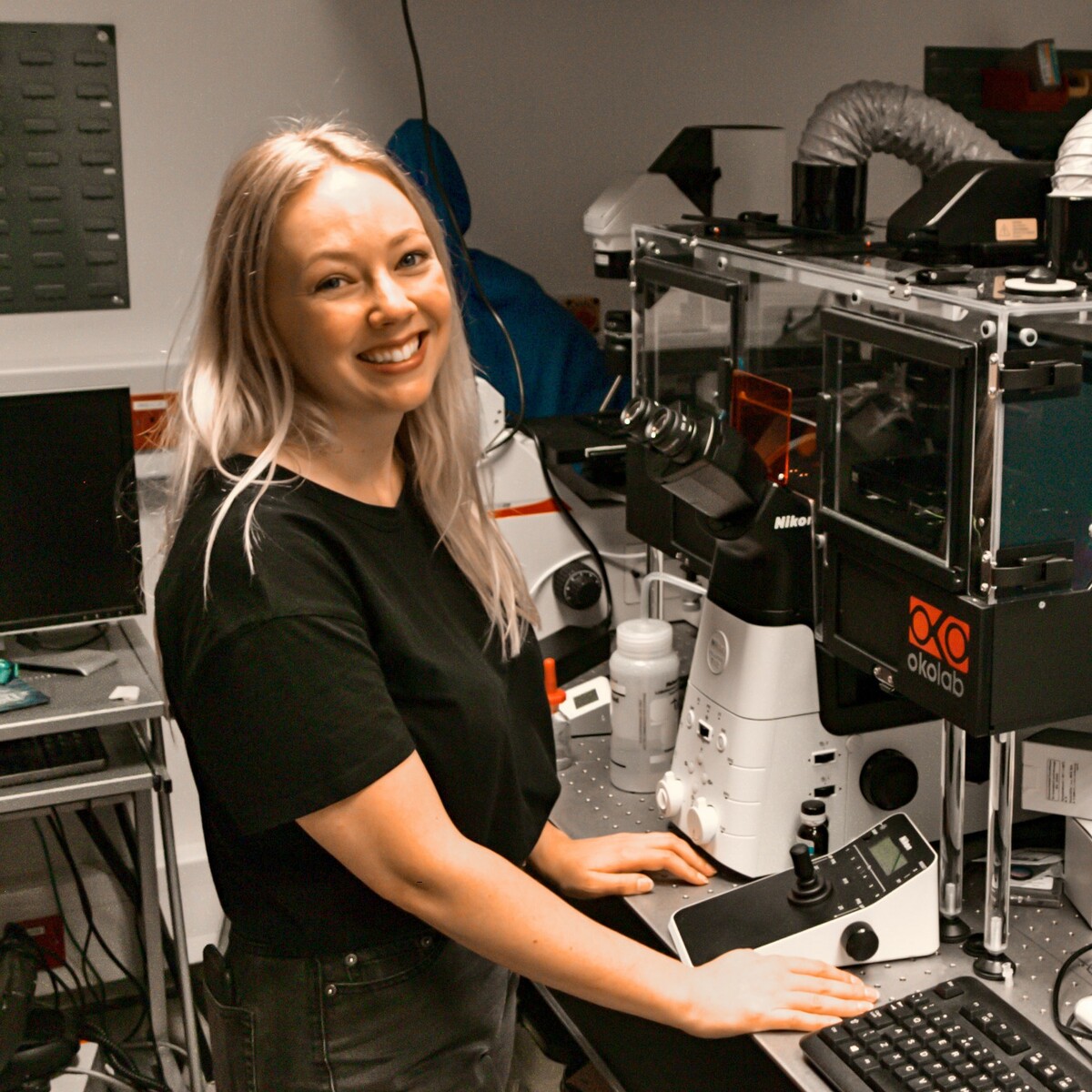
Katrina WESENCRAFT
Katrina is a PhD student, science journalist and former editor-in-chief of theGIST, a multi-award-winning student science website and magazine.
Katrina has organised and will moderate the Unlearning academic writing session at 15:50 and the Speed pitching surgeries at 17:00
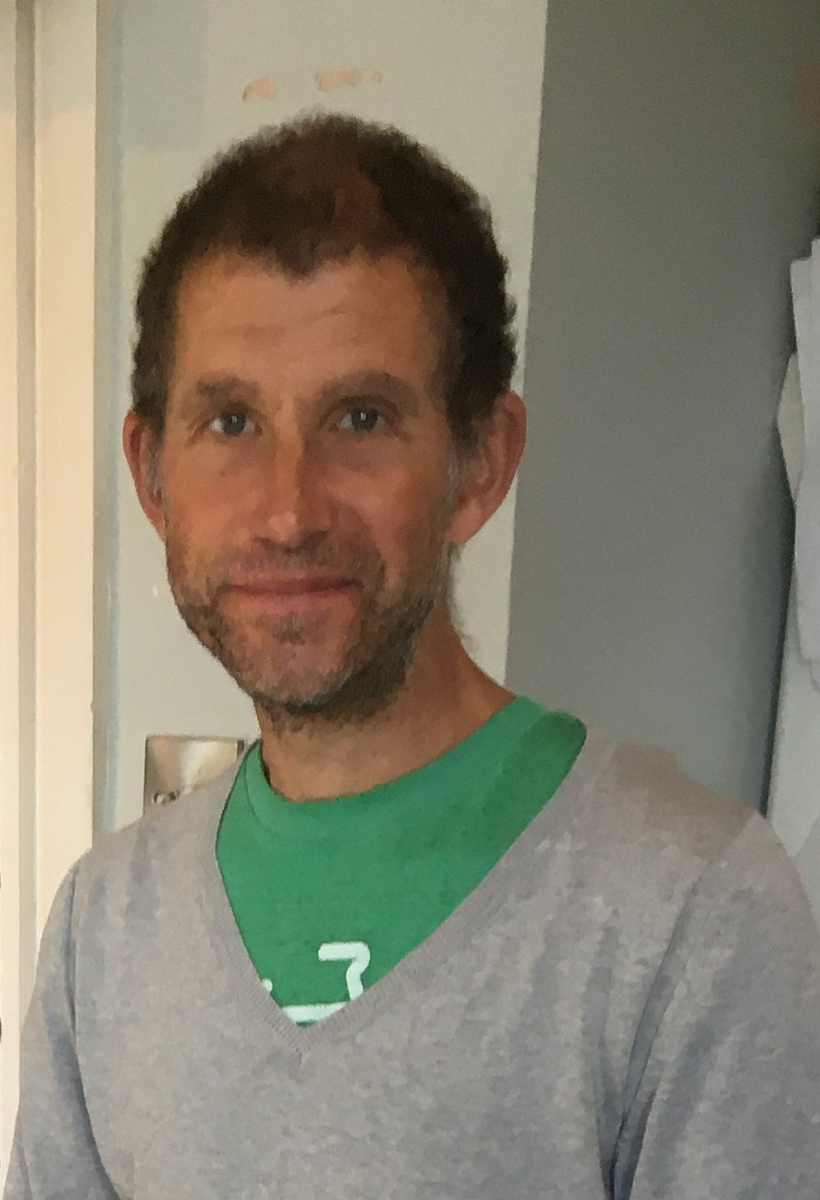
John WHITFIELD
John Whitfield has been the comment editor at Research Professional News since 2012, covering the politics of research.
He is the author of three books: Lost Animals: The story of extinct, endangered and rediscovered species; People Will Talk: the surprising science of reputation; and In the Beat of a Heart: life, energy and the unity of nature.
He has written news, features and reviews for Science, Scientific American, New Scientist, Slate, the FT and the London Review of Books, and spent six years post-PhD at Nature as a subeditor and reporter.
John is on the discussion panel in the Unlearning academic writing session at 15:50
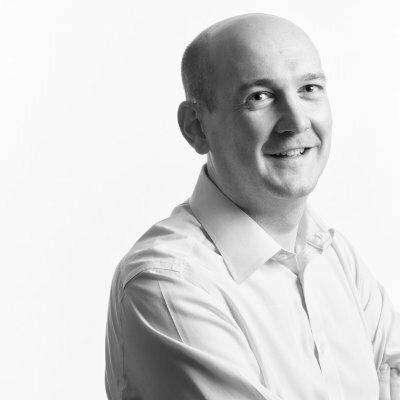
Neil WITHERS
Neil Withers joined Chemistry World in June 2012 after spending four years as an associate editor on Nature Chemistry.
This is his second stint at the Royal Society of Chemistry, having started work there in July 2004 just a week after my PhD viva! He worked in a variety of roles in his first four years at the RSC, from a technical editor on Journals of Materials Chemistry and Soft Matter to editor of Chemical Technology.
Neil commissions and edits the features in Chemistry World, and contributes to the other areas of the magazine as need arises. He has a PhD in solid-state inorganic chemistry from the University of Durham, where he also did a four-year chemistry degree.
Neil is running a surgery at the Speed pitching session at 17:00



